Bosnia’s Central Electoral Commission (CEC) officially removed Milorad Dodik from his position as president of Republika Srpska, the Serb-majority entity within Bosnia and Herzegovina. This decision followed an appeals court ruling that upheld a one-year prison sentence and a six-year ban on political activity for Dodik, stemming from his defiance of the High Representative’s decisions.
Dodik, a pro-Russian nationalist leader, had been convicted in February 2025 for obstructing the implementation of the 1995 Dayton Peace Accords, which ended the Bosnian War. The court found that he had knowingly defied orders from the High Representative, Christian Schmidt, by continuing legislative procedures that had been blocked.
In response to the court’s decision, Dodik’s legal team announced plans to appeal to Bosnia’s Constitutional Court, seeking a suspension of the verdict’s enforcement. Dodik himself dismissed the ruling as politically motivated and vowed to continue his duties as president, asserting that surrender was not an option.
The Bosnian Serb government echoed Dodik’s sentiments, labeling the court’s decision as unconstitutional and politically driven. They emphasized their intent to uphold Republika Srpska’s autonomy and rejected the verdict’s legitimacy.
International reactions have varied. The European Union underscored the binding nature of the court’s decision, emphasizing the importance of respecting the rule of law for Bosnia’s EU accession prospects. Conversely, Russia expressed concern that the ruling could threaten Bosnia’s unity, labeling it a “politicized verdict” influenced by Western powers.
Dodik’s tenure has been marked by actions that have strained Bosnia’s fragile political system. His push for Republika Srpska’s secession and closer ties with Serbia and Russia have heightened ethnic tensions and drawn international sanctions. The current crisis underscores the delicate balance established by the Dayton Accords and the challenges in maintaining Bosnia’s sovereignty and unity.
As the situation unfolds, the international community continues to monitor developments, emphasizing the need for dialogue and adherence to legal frameworks to ensure stability in the region.

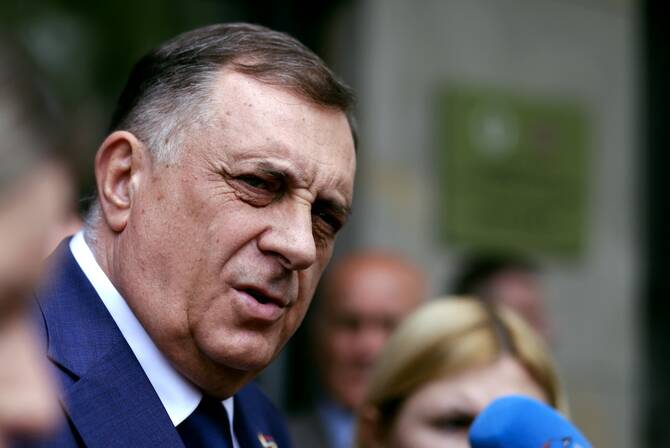

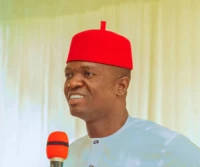
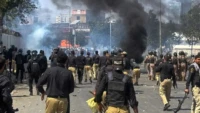


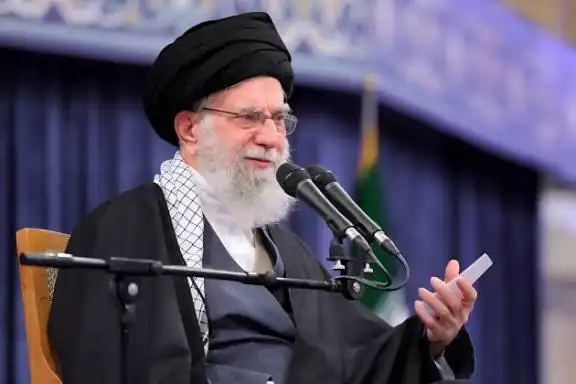
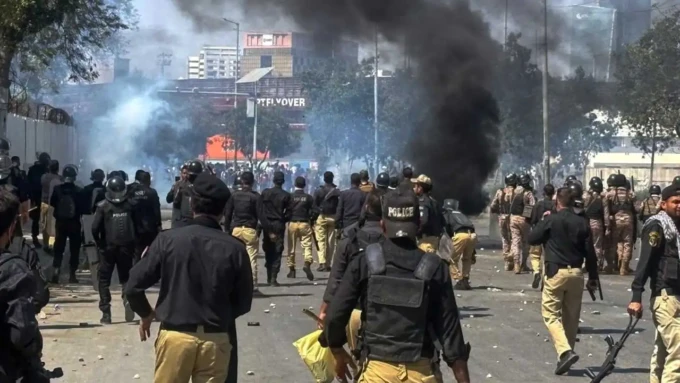

Wow, Dodik getting removed is a big deal! Do you think this will lead to positive changes in Bosnia? Lets discuss!
Wow, can you believe Dodik got booted? Crazy times in Bosnia! Wonder whats next for the countrys political landscape.
Wow, can you believe Dodik got removed? Do you think it was fair or too harsh? Lets discuss! #Dodik #Bosnia
Wow, what a twist! Dodik removed from office – whats next for Bosnia? Will this bring positive change or more chaos? Cant wait to see!